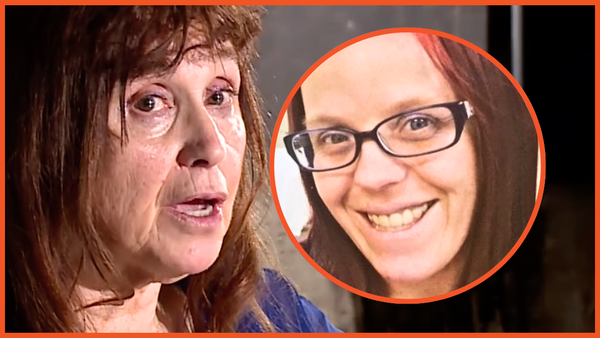
A social landlord claimed refugee tenants were lucky to have a roof over their heads and that mould was “acceptable” in their homes, an investigation has found.
A manager at Rochdale Boroughwide Housing (RBH), the housing provider whose failure to treat severe mould led to the death of two-year-old Awaab Ishak, made the remark to a colleague, according to a damning report into the landlord’s wider conduct.
The housing ombudsman for England, Richard Blakeway, concluded RBH tenants were judged “by staff members’ … prejudices, lazy assumptions and an attitude towards asylum seekers and refugees that is wholly unacceptable”. RBH rents out over 12,000 homes.
Blakeway, a former deputy mayor of London, is now urging all social landlords in England to undertake a “deep dive into their culture and whether they are living their social purpose”.
“It is highly unlikely that this endemic behaviour of ‘othering’ is isolated,” he warned.
One in three black people in England who have experienced homelessness have also faced racial discrimination from a landlord, research has shown – six times more than the general population of those who had struggled for shelter.
The National Housing Federation (NHF) responded that it will ensure landlords understood the Ombudsman’s recommendations “so the events that led to Awaab’s death are never repeated.”
Awaab’s parents came to the UK from Sudan and have previously accused the landlord of racism and “unfair treatment” towards refugees and asylum seekers. Their two-year-old son died in December 2020 but the landlord waited nearly two years to check other properties.
The ombudsman heard that a separate mould complaint was dismissed by an official saying: “Their frustration is that they want a bigger home and can’t get one.”
When an Asian tenant asked for garden improvements having seen a white neighbour get paving and fencing, he was told “RBH don’t do gardens”. They felt discriminated against.
RBH housing officials said “ritual bathing” and “style of cooking by boiling food” were to blame for damp. One complained: “when people … go through the asylum process … everything is done for them in terms of cleaning and so they expect it when they are moving into accommodation”.
“It is remarkable that these stereotypes and discriminatory attitudes still exist, particularly from people in high positions of responsibility working with some of society’s most vulnerable people,” said Kelly Darlington, a solicitor speaking on behalf of Awaab’s parents.
On the Rochdale estate where Awaab lived, 80% of the 380 homes had damp and mould and 12 were branded as Category 1 hazards – which means they may pose a risk to life.
The ombudsman identified 10 cases of maladministration, “a pattern of exclusion and marginalisation based on identities perceived as different”, and ordered the landlord to apologise to five residents and pay over £8,000 in compensation.
Yvonne Arrowsmith, interim chief executive of RBH, said the findings were “sobering, but not unexpected”.
“Too often damp and mould was not seen as a serious issue and was often wrongly attributed to a resident’s lifestyle,” she said.
“We have taken significant steps since December 2022 to tackle damp and mould across our homes, but it is fair to say that this work should have started much earlier,” she said. “Our residents have the right to be treated with respect and listened to and too often this didn’t happen. We are putting this right.”
She highlighted national policy “lessons” including funding given to social landlords who must balance investment in existing homes with “the desperate need for more homes” in particular to tackle overcrowding.
A 2015 government decision to cut rents by 1% resulted in a £4bn hit to social landlords income, the NHF said. It said they need billions more over the coming years to get housing to net zero, improve fire safety, accelerate repairs and build more homes.
Funeral prayers were said on Monday for Mizanur Rahman, a Bangladeshi man who died after a fire in an overcrowded flat in an east London council block. Tower Hamlets council has ordered an independent investigation after it emerged safety concerns had been raised with landlord officials and councillors before the 3 March blaze. Rahman shared a two bedroom flat owned by a private landlord in which at least 18 people were living.
“His death was completely preventable,” said the Maddocks House support group. “We mourn the loss of his life, and vow that his life will not go in vain, and justice will be sought for him and the survivors.”







